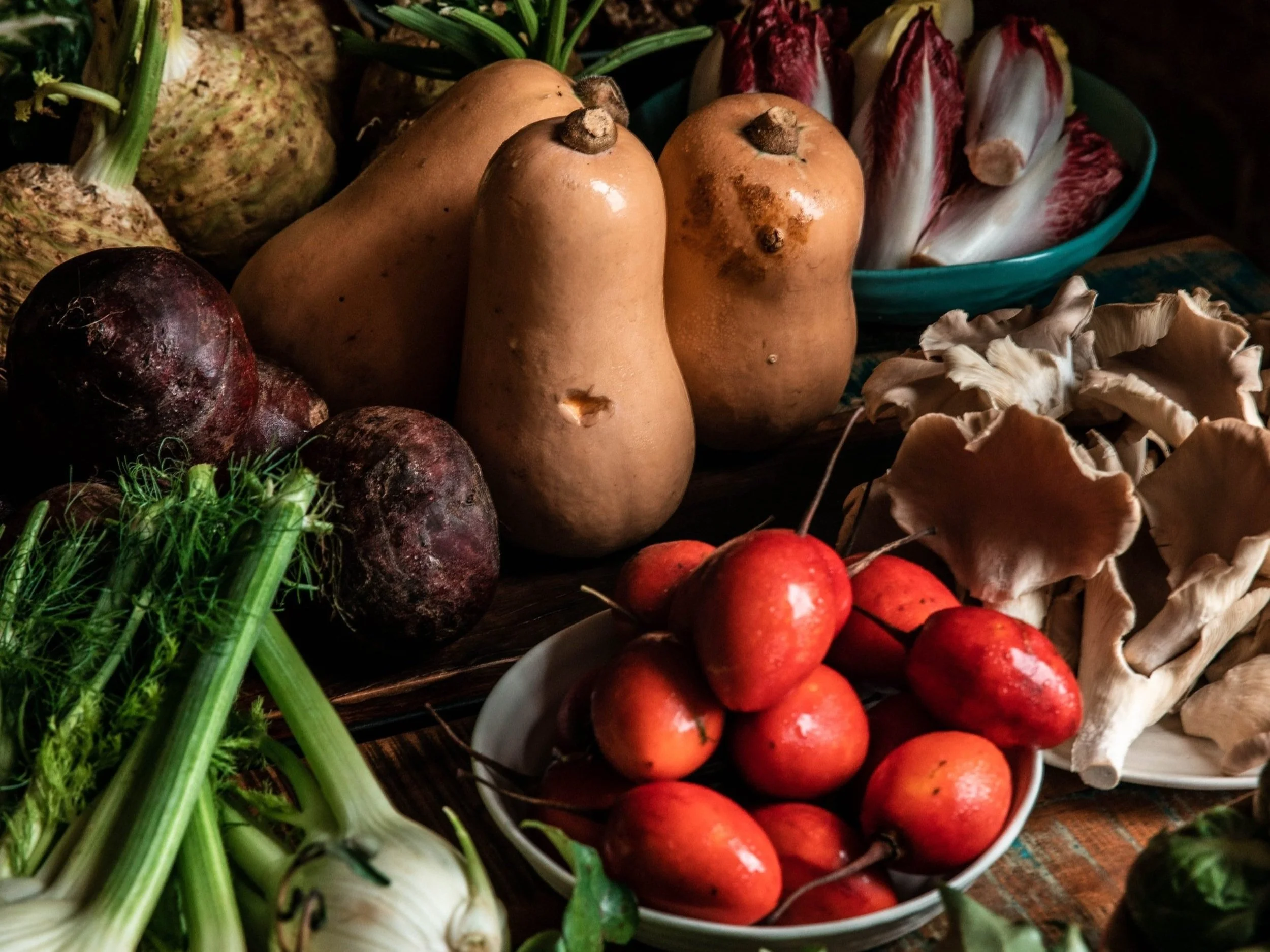Operating a zero waste policy at Vic Road Kitchen has always been an important aspect to Ian’s cheffing philosophy but now more than ever, sustainability in the hospitality industry needs to be addressed.
In a 2017/2018 study, researches found that the average cafe or restaurant generated 2.8 tonnes of waste per year, adding up to a total of 24,375 tonnes across New Zealand every year. Of this, over 60% of waste was considered avoidable.
Five Ways We Reduce food waste at Vic Road Kitchen
We operate a weekly changing menu. Why does this reduce food waste? Our chefs have the flexibility to order what is in season and more importantly, order in the quantities they can sell. This means the our dishes are new each week (no old ingredients lying around or reliance on frozen products), our dishes taste exceptionally fresh and zero wastage at the end of the week.
Everything (EVERYTHING!) gets used in our dishes. Bones get used to make broth and bases, including fish bones to make our own homemade fish stock. We use this fish stock in our seafood risotto or chowders. Off cuts of meat, which would normally be thrown out, get braised down to make delicious ragus, resulting in a rich and complex flavours. Even the skins of vegetables are thrown in the vegetable stock and the skins of fruit are infused into our home-made fruit gins and liqueurs!
Smaller bread and cracker portions. Now you may be sceptical about this one - reducing what we serve you?! But did you know that the only area of wastage, we cannot control, is wastage on customer plates? Due to our strict health and safety protocols, the waste on customer plates must go straight to the bin. So we do our part by serving our cheese and charcuterie boards with smaller portions of bread and crackers. After all, not everyone eats the same amount of bread and crackers! But don’t worry - if you need more, please just ask us and we will happily bring you more at no extra cost! We would rather this, than throwing what you haven’t eaten in the bin!
Take it home! We encourage customers to take any leftovers home with them. As I have just mentioned, food left over on a customer plate is destined for only one place - the rubbish bin. So we would much rather see that delicious food that our chefs spent time preparing, going home with you! Please ask us for a takeaway container (no matter how small the leftovers) and we will happily provide one (free of charge of course).
Reducing packaging waste where we can! Rather than buying in pastas and pizza doughs (which come in plastic), we make all our own pastas, breads and doughs. Not only do these taste much better than most commercially available options but the amount of packaging entering our restaurant is greatly reduced.
The food waste issue in hospitality is a big one but we feel passionate that by doing our part, we not only address and tackle the problem but also make the food taste better and operate a more sustainable policy overall.
So the next time you eat at Vic Road Kitchen - just remember that you are doing your part to help reduce the food waste crisis in hospitality.
If you want to read the full report of the study and results, click here to download the PDF.


